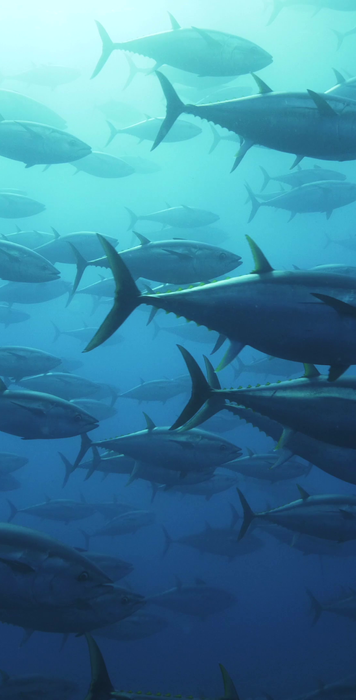HAPI Method
The Honest Alternatives to Plastics Index (HAPI) method is an innovative approach for evaluating the environmental impact of single-use products, with a focus on plastics. It helps businesses identify and choose sustainable alternatives to prevent waste generation.
By offering tools, methodologies, and guidance, the method supports organisations, companies, and municipalities in making informed decisions. It promotes responsible consumption practices and helps reduce plastic pollution.
Developed by Save the Med, the HAPI Method is a key contribution to regenerating the sea.





HAPI Method and Environmental Health
The HAPI Method addresses the pollution caused by high rates of single-use plastic waste from the throwaway production and consumption model. It aims to prevent, at source, the impact plastics have on human health, marine and terrestrial ecosystems, and improve community quality of life. In recent decades, global plastic consumption has surged, leading to challenges like pollution, waste management, biodiversity loss, and health impacts.
The plastic footprint—from production to disposal—affects the environment in several ways. This includes pollution from raw material extraction (mainly oil) and its role in climate change; threats to marine life and biodiversity due to waste; and health issues as endocrine disruptors.

Participatory governance at play
Since 2018, Save the Med has been running community engagement projects focused on protecting the area's biodiversity and encouraging a culture of regeneration. These projects are designed to connect people with the sea, helping them learn more about their environment. They also inspire citizens to take responsibility for protecting nature and get involved in decision-making through participatory governance.
As a result of these efforts, community members have come together to form the Xarxa Dragonera Blava (Blue Dragonera Network). This group includes people from different sectors, all working with a shared goal: to protect the local marine ecosystems.
What is the Xarxa?
The Xarxa Dragonera Blava (XDB) is a social network for the Sa Dragonera community. It brings together local citizens, government representatives, experts, activists, and anyone who wants to help regenerate the region. Its purpose is to create participatory governance for the marine area around Sa Dragonera, ensuring that the community is actively involved in making decisions about its management.
How Does It Work?
The process starts by building strong community relationships and learning about the area's values and threats. Once this understanding is shared, the community sets goals collaboratively. These goals are tackled through participatory forums, where community input shapes how the marine area is managed. This includes working with different local sectors to implement best practices . Additionally, three working groups have been formed to focus on specific local issues in the municipality of Andratx: Education & Best Practices, Mooring & Anchoring, and Water Quality.
Successful outcomes from the Xarxa and its bottom-up approach include launching an environmental good-practice campaign for visitors and establishing a community-led protocol for mooring and anchoring among local boat owners to help reduce overcrowding in Sa Dragonera's waters. These achievements are a direct result of the participatory governance of the Xarxa’s working groups, allowing local community inputs to tackle issues and contribute solutions.


Join us
Save the Med envisions restoring biodiversity through active community and stakeholder engagement. By increasing knowledge about the sea, involving people in caring for the area, improving practices at sea, and setting up a stewardship program with participative management, our goal is to bring back the rich biodiversity of Sa Dragonera.
To learn more about the Xarxa Dragonera Blava and its upcoming activities, visit the project's website. Get involved and help us restore Sa Dragonera’s marine biodiversity!
170 establishments
have been evaluated in the Balearic Islands to date
100 establishments
have obtained the Plastic Free Balearics certification
40,000 kg
of plastic waste has been prevented through the certification since 2021
ABOUT HAPI METHOD
The Mediterranean, including the Balearic Islands, faces significant plastic pollution threats. While our focus is on marine ecosystems, they are linked to terrestrial environments. Each year, over 10 million tons of plastic enter the oceans. About 1% floats, while the rest photodegrades, settles on the seafloor, or integrates into food chains.
In 2018, Save the Med launched the Plastics Free Balearics (PFB) programme to encourage businesses, including the hospitality sector, in the Balearic Islands to cut down on single-use plastics. By using the Honest Alternatives to Plastics Index (HAPI) method, the Plastic Free Guardian Certification was developed in 2020 with local organisations. This certification provides practical advice and guidance for the hospitality sector to reduce plastic use and switch to genuinely eco-friendly alternatives.
To date, out of 186 assessed establishments, 111 have been PFB certified, resulting in the prevention of approximately 40,000 kilos of plastic waste.
Following the success of the Index and the PFB Certification in the Balearic Islands, PFB has evolved into the HAPI Method. This proven, replicable tool is now available for any business aiming to contribute to a more sustainable future and reduce its plastic footprint. The HAPI Method allows for measuring, comparing, and optimising the performance of products, processes, and services. The method promotes the ecological transition towards an economy without waste from single-use products, especially those identified as problematic (environmental hazards, health risks, economic risks, low or non-recyclability, etc.). The HAPI Method is now ready to be scaled to other regions. Its application to countries in the Mediterranean, including Albania, Bosnia and Herzegovina, Lebanon, Montenegro, Morocco, and Tunisia, is already in progress.

Participating in Sa Dragonera Blava was a transformative experience. The dedication of the team and the beauty of the marine environment deeply inspired me.
REVIEWS
River Watts
The educational visit to Sa Dragonera Blava was amazing. We learned so much about marine conservation and saw firsthand the difference that regeneration can make.
REVIEWS
Ash Marcus
Visiting Sa Dragonera Blava was one of the highlights of our trip. It's an exemplary project of how the community and scientists can work together to protect our oceans.
REVIEWS
Jamie Lane
Related content

Donate
Support HAPI in preventing more plastic waste by donating here!

Make a donation
Frequency
One time
Monthly
Amount
€1
€10
€50
€100
Other
0/100
Do you have any comments? (optional)












